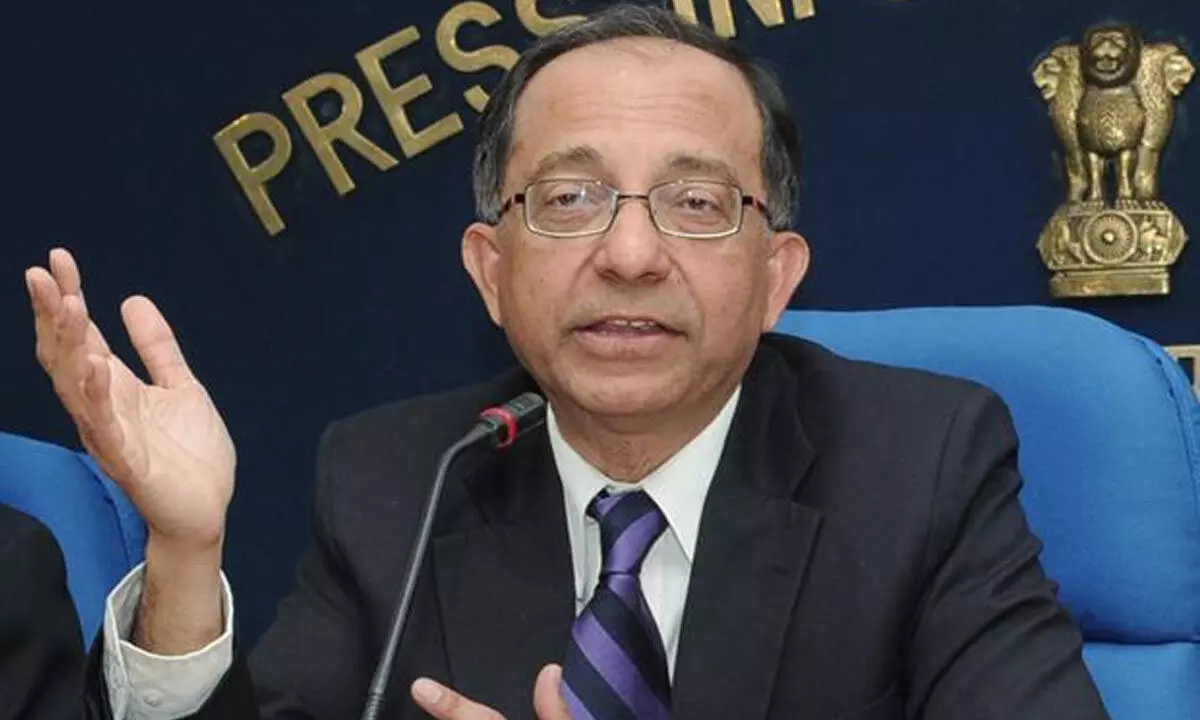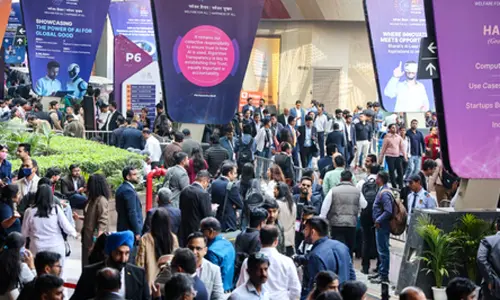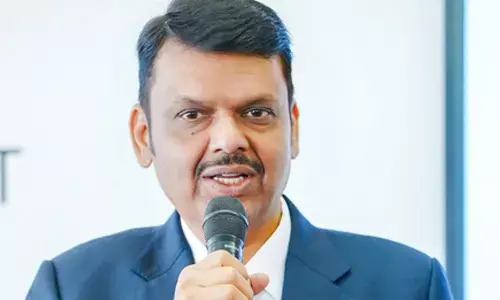Polarisation damaging India's growth: Kaushik Basu

Kaushik Basu
Unemployment rate of 24% in India is highest in the world, says former chief economist at World Bank
New Delhi: Former World Bank (WB) chief economist Kaushik Basu on Tuesday said that even though the fundamentals of the Indian economy are strong, the rise in divisiveness and polarisation in the country is damaging the 'foundations' of the nation's growth. Basu further said India's big challenge is unemployment and joblessness as youth unemployment in India is over 24 per cent, which is among the highest in the world.
"A nation's growth does not depend on economic policy alone. There is mounting evidence that trust among people is a big determinant of a nation's economic success," he told PTI in an interview. "The rise in divisiveness and polarization in Indian society is sad not just in itself, but because it is damaging the foundations of the nation's growth," the eminent economist added. According to Basu, India has strong fundamentals - a large entrepreneurial class, highly skilled workers, and though it has been falling over the last few years, high investment to GDP ratio. Replying to a question on high inflation, the eminent economist said inflation that India is witnessing is a global phenomenon and it is caused by the Covid-19 pandemic and the war in Ukraine, and the supply-chain bottlenecks that arose because of these factors. "Though the cause of inflation is beyond India, what worries me is we are not doing enough to protect the poor and the middle classes," he noted. Explaining further, Basu, currently a professor of economics at Cornell University, said though retail inflation surged to an eight-year high of 7.8 per cent in April this year, wholesale price inflation stood at 15.08 per cent.
"We have not seen such high wholesale inflation in the last 24 years," he said, adding that what is happening now is reminiscent of what happened in the late 1990s when the East Asian crisis spilled over into India. While pointing out that WPI inflation has been in double digits for 13 months now, Basu said this makes the situation worse as it means the current high inflation is coming on top of high inflation a year ago. Noting that India should not forget what it learnt during the East Asian crisis, he said CPI inflation is likely to rise further, chasing the WPI inflation. "My calculation is that India's CPI inflation will cross 9 per cent. We must make every effort to ensure it does not break into double digits," Basu said.
Asked if the Reserve Bank of India (RBI) was behind the curve in raising the interest rate, he said the central bank's policy is directed primarily at CPI inflation. "I don't think RBI is behind the curve. India's big challenge till now was WPI inflation. What is hurting India most is unemployment and RBI is right in being cautious not to slow down growth," Basu opined.
The RBI has been mandated by the government to ensure that inflation remains at 4 per cent with a margin of 2 per cent on either side. Asked will the policy tightening by the RBI bring inflation down, Basu said that it is time to go for policy tightening. "But we also need policy action that goes beyond the RBI. The main aim should be to intervene where the supply bottlenecks are occurring and ease them as much as possible," he suggested.
In addition, Basu emphasised that there is a need to directly help small businesses, workers and farmers who are hit very badly by the rising cost of production. He was also of the view that the government should provide financial support to the poor, saying the poor and the middle classes are being hit badly by this inflation and by the squeeze between differential wholesale and consumer price inflations.








